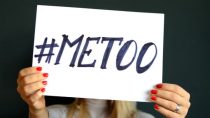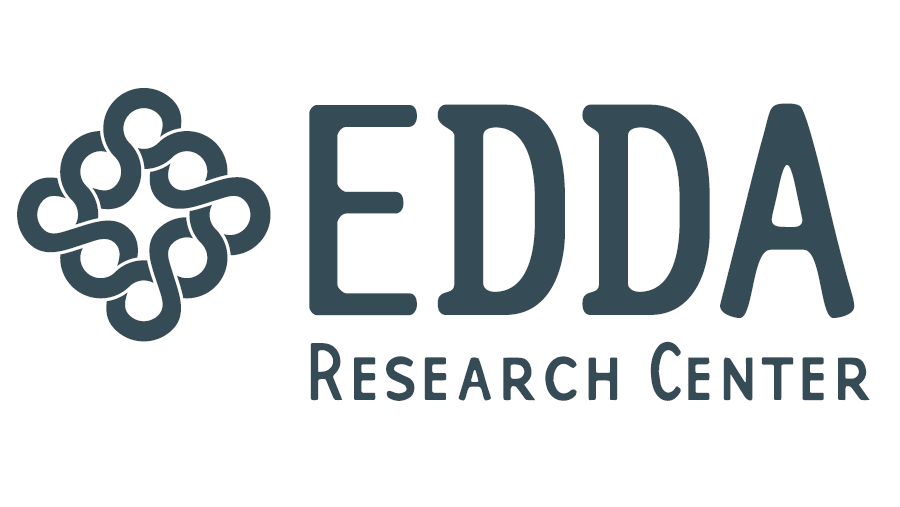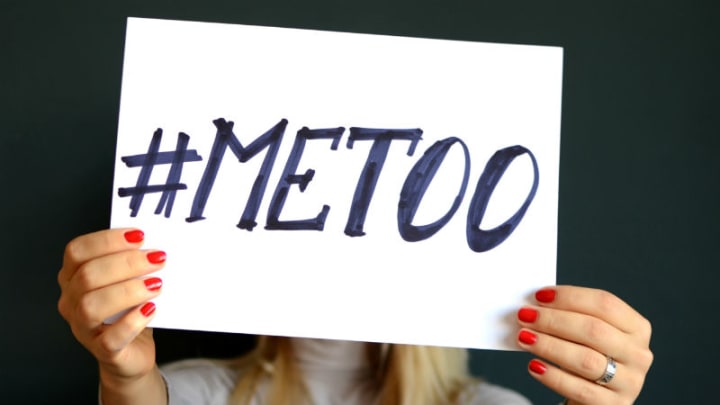 The year 2017 will be remembered as the year when women ran out of tolerance for sexual harassment and violence, and the burgeoning of the #metoo revolution. Women in Hollywood became the most visible face of the movement, paving the way with their accusations against Harvey Weinstein and other prominent figures. But Tarana Burke’s initial birthing of the idea of Me Too, and the providing of a forum for survivors to Just Be, reminds us that the movement is nothing if not intersectional.It brought the specificity of race and class, caste and sexualities, into the universality of gender harassment. The movement, as we know, rapidly became global, bringing, in its wake, support, as well as dissent, from men and women around the world.
The year 2017 will be remembered as the year when women ran out of tolerance for sexual harassment and violence, and the burgeoning of the #metoo revolution. Women in Hollywood became the most visible face of the movement, paving the way with their accusations against Harvey Weinstein and other prominent figures. But Tarana Burke’s initial birthing of the idea of Me Too, and the providing of a forum for survivors to Just Be, reminds us that the movement is nothing if not intersectional.It brought the specificity of race and class, caste and sexualities, into the universality of gender harassment. The movement, as we know, rapidly became global, bringing, in its wake, support, as well as dissent, from men and women around the world.
Giti Chandra and Irma Erlingsdóttir propose a monograph of the many avatars of the #metoo movement around the world—a compilation of perspectives from men and women across nations and cultures. We call for submissions to a book dedicated to the #metoo revolution in its many forms of women’s rebellion against sexual harassment and violence. We hope to track the movement as it took shape in different countries and cultures, its specific contexts and shapes, the reactions and responses to it, research conducted around the many debates and events it has generated. It reflects an effort to think through the reasons, nature, shapes, and consequences of the #metoo revolution from within various perspectives and theoretical contexts. Areas and topics for papers could include, but need not be restricted to, the following:
- Feminist readings and challenges to feminism
- Articulations of the movement in different cultural and political contexts
- Blue collar and white collar divisions
- Older and younger feminist divides
- The movement’s extension to LGBTQ and other genders
- Race and the reach of the movement
- #metoo in gender equitable societies
- Theorising #metoo
- Immigrants and the dangers of making gendered violence visible
- Speaking for and speaking for oneself
- Anonymity and the hashtag
- Victims and agents
- #metoo and the law
- The future of the movement
The deadline for submission of abstracts is 1 December 2018; please submit a 200 word abstract with your letter.
Deadline to submit articles is 15 February 2019. Submission length should be between 5,000 and 7,000 words, including footnotes. The selected submissions will be forwarded for peer-review by May 2019.
The provisional date of publication is at the end of 2019.
The editors are approaching several publishers with the proposal, and will let you know as soon as we have finalised one. Until then, it may be assumed that the book will be published by RIKK – Institute for Gender, Equality and Difference and the University of Iceland Press. The book is covered under a grant by the Equality Funds from the Ministry of Welfare, Iceland and the EDDA Research Center at the University of Iceland.
The editors encourage authors to use photographs systematically in their articles as sources of reference or as illustrations. The editors reserve the right to refuse the publication of photographs if they do not relate to the subject of the articles. The photographs should be in black and white.
Please contact us with any queries you may have.
Warm regards,
Giti Chandra (gc@hi.is) and Irma Erlingsdottir (irma@hi.is)

